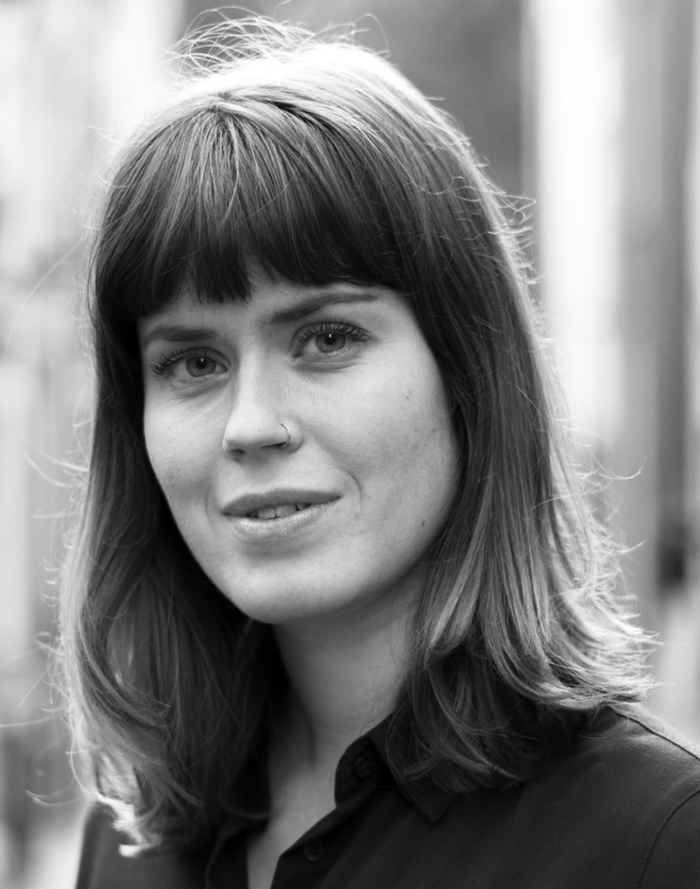Eva Meeus receives NWO Rubicon grant
25 July 2024

Many cancer patients suffer from the side effects of cancer medication. With the number of cancer cases increasing each year worldwide, it is crucial to develop innovative treatments that minimize side effects. A promising approach is to locally convert prodrugs (pharmacologically inactive molecules) into active drugs.
To realize treatments based on prodrug-to-drug conversions, however, the development of new and complementary synthetic methodologies is required. Meeus hopes to fulfil this need by developing a new methodology based on shuttle catalysis. This research will open new avenues for innovative cancer treatments with reduced side effects by piloting a shuttle catalysis-based methodology for local prodrug-to-drug conversions.
In March of this year, Meeus already started working as a postdoc in the group of Prof. Bill Morandi at ETH Zurich, which is well-known for developing new concepts in catalysis to tackle major synthetic challenges in organic chemistry. Per September, this will be extended for 2 more years, supported by the Rubicon grant.
About Eva Meeus
Dr Eva Meeus obtained her PhD in January 2024 at the University of Amsterdam’s Van ‘t Hoff Institute for Molecular Sciences under the supervision of Prof. Joost Reek and Prof. Bas de Bruin (research group Homogeneous, Supramolecular and Bio-inspired Catalysis). During her PhD, she worked on radical-type catalysis in aqueous and biologically relevant media to explore its application potential in intracellular drug synthesis in living cells. In this context, she visited the University of Basel (Switzerland) to investigate asymmetric radical-type transformations catalyzed by artificial metalloenzymes under the supervision of Prof. Thomas Ward. This visit was supported by a Mobility Grant from the Holland Research School of Molecular Chemistry (HRSMC). Currently, she is working at ETH Zurich (Switzerland) to further explore the application of catalysis for intracellular drug synthesis by developing new synthetic methodologies for catalytic prodrug-to-drug conversions under the supervision of Prof. Bill Morandi.
See also
- NWO news: Fifteen researchers can gain international experience with Rubicon grant
- Morandi group ETH Zurich: Homogeneous Catalysis and Reaction Design
- UvA research group Homogeneous, Supramolecular and Bio-inspired Catalysis
- Eva Meeus receives HRSMC mobility funding
- Eva Meeus and Jelle Hofman compete in VUURVLIEGEN science battle